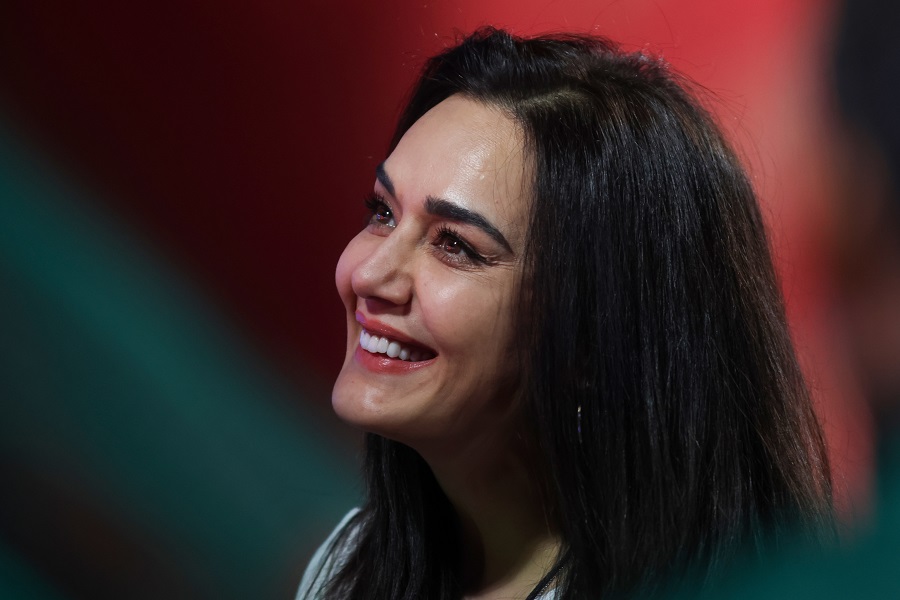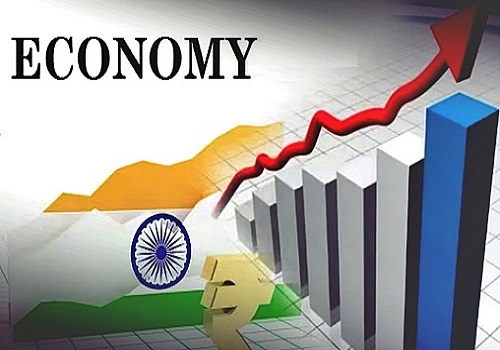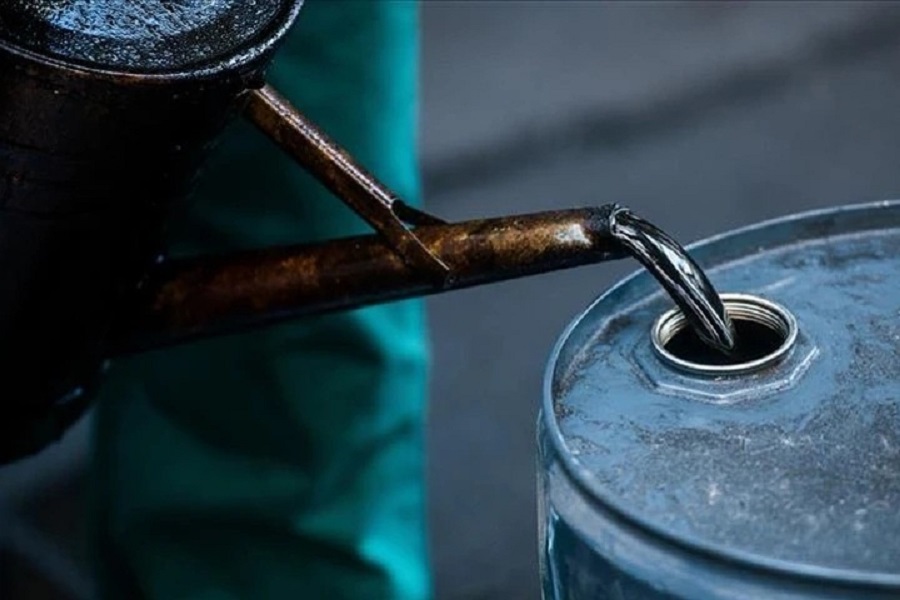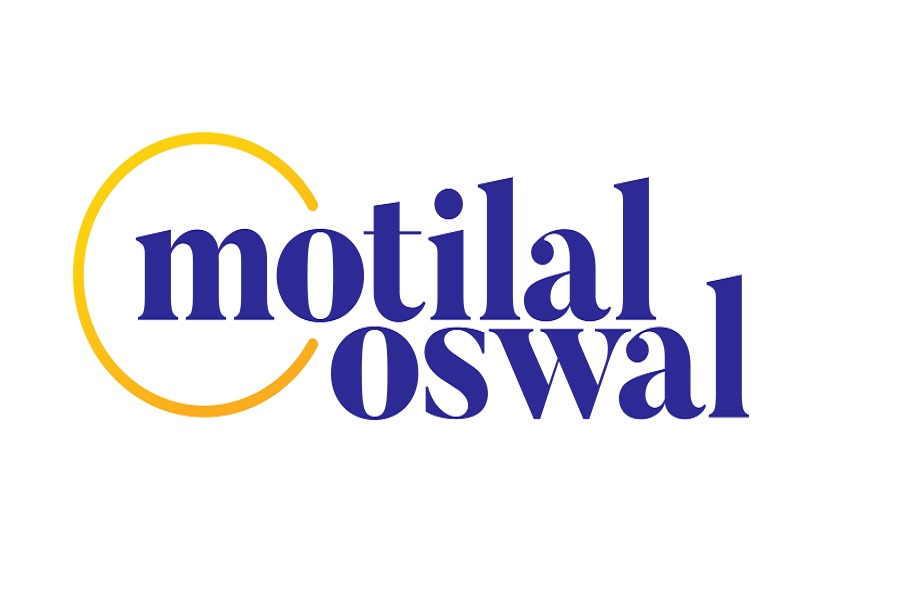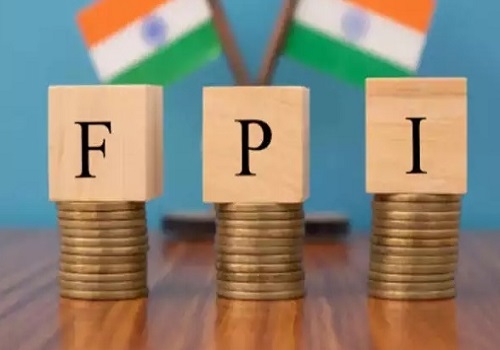'Budget should be pet, poultry and industry friendly'
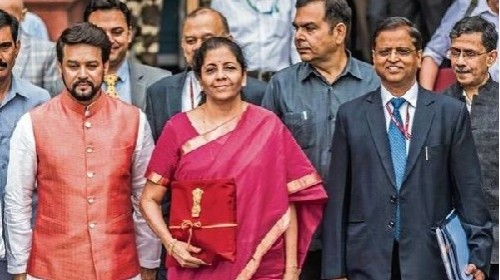
Ahead of the presentation of the Union Budget for FY24 to be submitted on February 1 by Union Finance Minister Nirmala Sitharaman, several industry bodies and executives have expressed their wish list that ranges from pet friendly to the usual industry friendly.
Will Sitharaman accede to their wishes? Nevertheless, the wish list includes:
Budget should be pet friendly
"With the 2023 budget, we expect an increase in the healthcare sector which is the need of the hour, especially for animals and some species that are on the brink of extinction. The healthcare sector is important for both humans and animals. The first and foremost area that needs to be focused on is an increase in financial support for veterinary services," said Anushka Iyer, Founder and CEO, Wiggles.
"A substantial budget will foster an environment that pushes more people towards creating quality services that can serve both pets and community animals. It shall also help veterinarians to provide better treatment. Secondly, there must be a concerted effort towards education and sensitization for all, not and not limited to the younger generation," she said.
Raj Kantak, Founder of Petzzco, said: "The pet industry startups are looking for a reward program for those who are looking forward to adopting a stray animal. Petzzco is dedicated to making India stray-free and to giving every stray animal a meaningful life.
"This can be accomplished if the government announces a reward programme for those who adopt such animals. Furthermore, this year's budget should include separate funds for the pet industry, devoted to research and development as well as finding new homes for the animals."
Scrap GST on soya to provide protein to poultry: B. Soundararajan, Chairman, Suguna Group
In the forthcoming budget, we hope to see reforms and support related to animal agriculture as this will enhance farmer productivity and sustainability. Animal agriculture's contribution to agriculture GDP, which is now at 27 per cent must be increased to 40 per cent in the coming years. This will be beneficial in multiple ways like better sustainability on farmer income, organic manure to replace chemical fertilizer and for consumers high-quality protein to ensure nutritional security.
Request the Centre to treat animal agriculture at par with direct agriculture in all aspects. GST on soya seed and meal should be exempted. We believe that reversing this tendency will be beneficial to farmers. End products are exempted and many of the inputs are taxed which add to the farmer cost. We recommend the banking industry to consider animal husbandry loans as agricultural loans as this will ease the process of approvals.
Atul Bansal, CFO, Yokohama Off-Highway Tires
As we come to the budget, we are looking at certain things in the tyre industry like, we would like remission of duties and taxes with relation to exports to apply both to SEZ and EOU. Second is, Production Linked Incentive Scheme to be introduced for tyres as we see big opportunity over there for the growth.
Strengthen industry by reducing import duty on steel: Vikas Bajaj, President, Association of Indian Forging Industry
All MSMEs, including the forging industry are expecting a good, progressive and balanced budget this year. Additionally, steel import duties should be reduced to compensate for the existing deficit and uncompetitive Indian steel pricing. Furthermore, the government should prioritise regulating inflation and reducing the cost of raw materials and fuel.
Existing incentives must be enhanced to boost exports. There is also a need to expedite the GST refund system to give liquidity to the industries. As part of the 'Make in India' initiative, Indian companies should be eligible for a duty structure benefit. The government has made continued efforts to simplify and streamline Indian tax regulations, and the industry anticipates consistency in tax and regulatory policies, as well as their interpretation, this year.
I believe that the government should fix industry income rates for at least five years so that industrialists can make long-term financial plans and suitable investment decisions in their industries.
Sudarshan Chari, Executive Director & Head-Business Banking, DBS Bank India
MSMEs, the growth engine of India's economy, have entered 2023 with renewed hope and optimism. Introducing measures around ease of doing business and broadening access to capital will further drive the growth of the sector. We anticipate that the government will establish an export promotion fund to help MSMEs expand their footprint globally.
Additionally, developing a broad-based interest equalisation or subsidy schemes for exporters, along with measures for simplifying taxation, incentives towards ESG spending and tax incentives linked to employment generation can help re-energise the small business ecosystem.
Mahesh Iyer, Executive Director & Chief Executive Officer, Thomas Cook (India) Limited
Our key expectations for the upcoming Union Budget would include: lowering of tax collected at source (TCS) for outbound travel and Liberalised Remittance Scheme (LRS) remittances; Leave Travel Allowance (LTA) expansion to once a year against twice in four years to boost domestic tourism; reduction of tax deducted at source (TDS) rate as this could adversely impact corporate travel spends; exemption of travel agents from section 53 of GST as it forms a major compliance and working capital challenge for travel agents (there is no ultimate loss of revenue to the Government, given that airlines already discharge tax on their sale).
Clarification on applicability of Section 194O on E-commerce would be of value as the current definition covers facilities for ease of booking, even if the transaction is done offline (such facilities should be kept outside the levy of TDS for Travel companies). Additionally, enhanced coordination between banks and CIBIL for timely and accurate information to enable quicker ECLGS loan disbursements.
From an inbound perspective, an alternate mechanism for Service Export from India Scheme (SEIS) to be developed for revival of the Inbound Tourism sector; granting of exporter status to Inbound Tourism; waiver of E-visa fees for 2023-24 aimed at promoting inbound tourism and thereby increasing GDP.
Also, deeper marketing investments as part of the year long G20 summit initiatives to promote tourism -- both inbound and domestic.


